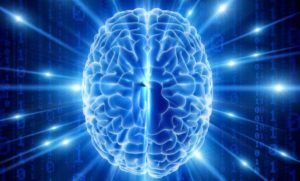 Researchers at the University at Buffalo School of Engineering and Applied Sciences have developed a brainwave biometrics system that can effectively create a kind of ‘password’ out of how users respond to a set of three images.
Researchers at the University at Buffalo School of Engineering and Applied Sciences have developed a brainwave biometrics system that can effectively create a kind of ‘password’ out of how users respond to a set of three images.
The system relies on electroencephalography, which entails the measurement of electrical activity in the brain through dedicated sensors. The researchers outfitted a headset with six such sensors, and designed them to show a rapid succession of three images – an animal, a celebrity, and a textual phrase – to trigger a response from users. After the image series is displayed four times, the so-called ‘brain password’ is set, with the authentication system able to recognize unique and recurring patterns in each individual’s response to the images.
The researchers tested this system on 179 adults, and recorded data from three sessions. What they found was the these brain passwords proved to be 95 percent effective, with accuracy dropping one percent over the five months between the first trial session and the last.
It’s the product of a major grant from the National Science Foundation announced back in the autumn of 2016, and it may point the way forward to a new means of biometric authentication that, unlike fingerprints and faces, can actually be reset, since the images displayed to users can be changed. But given that it requires the use of electrode-equipped headsets, it’s an authentication mechanism that could face some obstacles in mainstream adoption.
Source: University at Buffalo

Follow Us